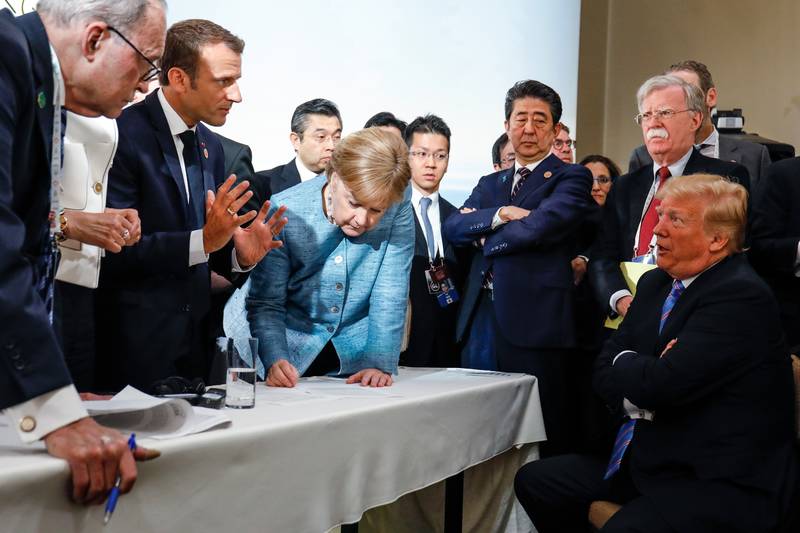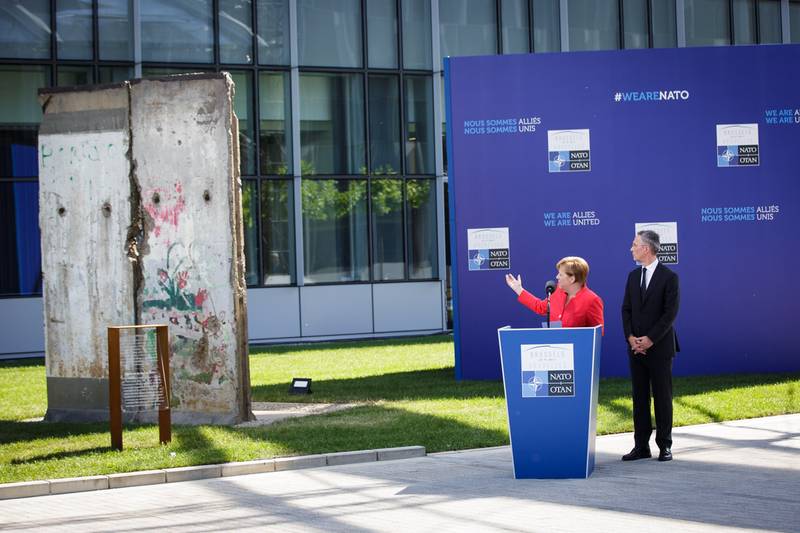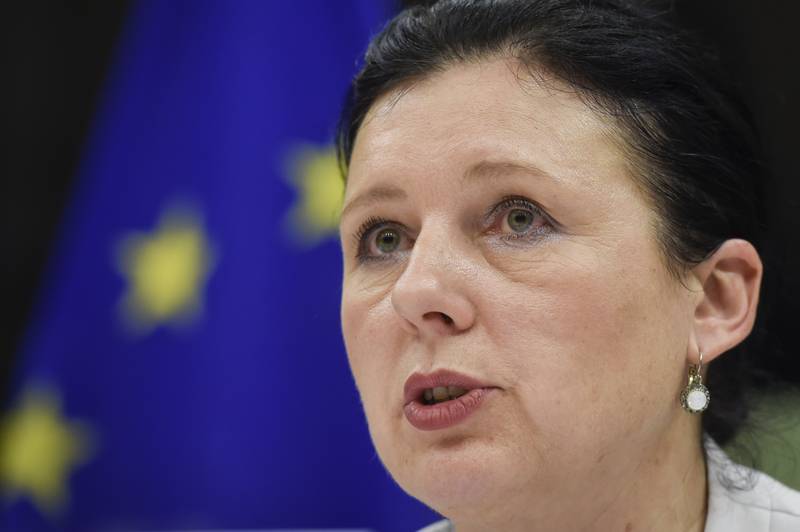China Divides Europe and America
Ralitsa Kovacheva, October 12, 2011
 The United States and the EU are becoming lukewarm to each other but instead they are paying more attention to China. This is one of the main findings of the 10th annual Transatlantic Trends survey. The study, ordered by the US German Marshall Fund (GMF) and Compagnia di San Paolo was conducted in May-June 2011 in the US, Turkey and 12 European countries.
The United States and the EU are becoming lukewarm to each other but instead they are paying more attention to China. This is one of the main findings of the 10th annual Transatlantic Trends survey. The study, ordered by the US German Marshall Fund (GMF) and Compagnia di San Paolo was conducted in May-June 2011 in the US, Turkey and 12 European countries.
According to 51% of the Americans, Asian countries such as China, Japan or South Korea are more important to the US national interests, rather than Europe. In comparison, in 2004 54% of the Americans thought the European countries were more important than Asia. "We may have arrived at a watershed moment when the United States looks west to the Far East as its first instinct. This is a moment when transatlantic leaders need to step up and lead," GMF President Craig Kennedy commented on the results.
The Europeans are more willing than the Americans to see China as an economic opportunity rather than a threat. This view is shared by the majority of Dutch people (67%), Swedes (65%), Britons (58%), Germans (57%) and half of the Bulgarians and Romanians. In the US, 63 percent feel China as an economic threat and are more likely, than the Europeans, to see China as a military threat.
According to the survey, Turkey is also turning its look to the east. Although the number of people approving Turkish EU membership has increased by 10 percentage points, compared to last year, to 48%, it is far less than a 73 percent approval in 2004. According to 43 percent of the Turks, the Middle Eastern neighbours are more important to the country’s national interests than the EU.
Nevertheless, the transatlantic relationship remains strong as 71% of the US and 68% of the European respondents believe that their countries have enough common values to be able to cooperate on international problems. "And yet on both sides of the Atlantic there’s the awareness that the US and the EU share fundamental common values. There is still, in political and cultural terms, a ‘Free World’ which has however lost its economic primacy. Restarting and redefining economic growth in free and just societies could prove to be the common priority on which the transatlantic leaders should work together again," Angelo Benessia, Chairman of the Compagnia di San Paolo noted.
Exactly dealing with the crisis is the area where cooperation is most necessary and desired by the citizens, the survey shows. 82% of the American respondents (up seven percentage points from 2010) have been personally affected by the crisis, as well as 61% of the Europeans. Half of the Europeans and 61% of the Americans prefer government spending to be reduced. 56% of the Europeans disapprove their governments’ management of the economy. While 67% believe that EU membership is good for the economy, only 40 percent believe the same applies to the euro.
There are long term trends leading to shifting patterns of power at the global level, but the current crisis will accelerate these trends and in this context, transatlantic cooperation is crucial for a smooth transition at the global level. That thesis was presented by Portuguese Finance Minister Vítor Gaspar, speaking at an international conference organised by Bruegel. By 2050 Europe's share in world's GDP will fall to 40%,Western Europe's to 17.9% and the US's share to 19.6%. However, Asia will increase its share in the global economy to 36.5%.
This shift of powers, in whatever way it is occurring "will have profound effects on transatlantic political, economic and financial relations. Global transition is a powerful undercurrent that persistently influences transatlantic relations." Currently, the major risks the global economy is facing are derived from Europe and USA - the debt crisis in the euro area and its American analogue as a combination of high deficit, growing debt and weak economy.
"It is clear that in this context the world governance model will need to change. Europe and the US should be prepared to work constructively to adapt global governance as required." The G20 meetings are an example of the inclusion of rising powers in this process because "this change will inevitably require the involvement of more countries in the centre of world’s decisions." Referring to the GMF survey, cited above, Vítor Gaspar said: "The United States and the European Union have a lot in common. Fundamental values range from democracy and human rights to the market as the predominant resource allocation mechanism."
Practically, however, the synchronous between these two epicentres of problems on both sides of the ocean does not occur at the desired level. While in the midst of the crisis the US and Europe demonstrated a genuine desire for a common front and real results, recently we have increasingly been hearing mutual accusations of lack of decisive actions. However, a number of specific issues of global economic governance and financial regulation remain unresolved. Meanwhile, in the east new powers are rising, feeding with the transatlantic weakness. The problem is not even in their economic power, but that it rests on values completely unacceptable to the west. And this is a challenge which both sides of the Atlantic must face together.
 Macron, Merkel, Abe, Trump | © Council of the EU
Macron, Merkel, Abe, Trump | © Council of the EU Angela Merkel | © Bundesregierung
Angela Merkel | © Bundesregierung Vera Jourova | © European Parliament
Vera Jourova | © European Parliament